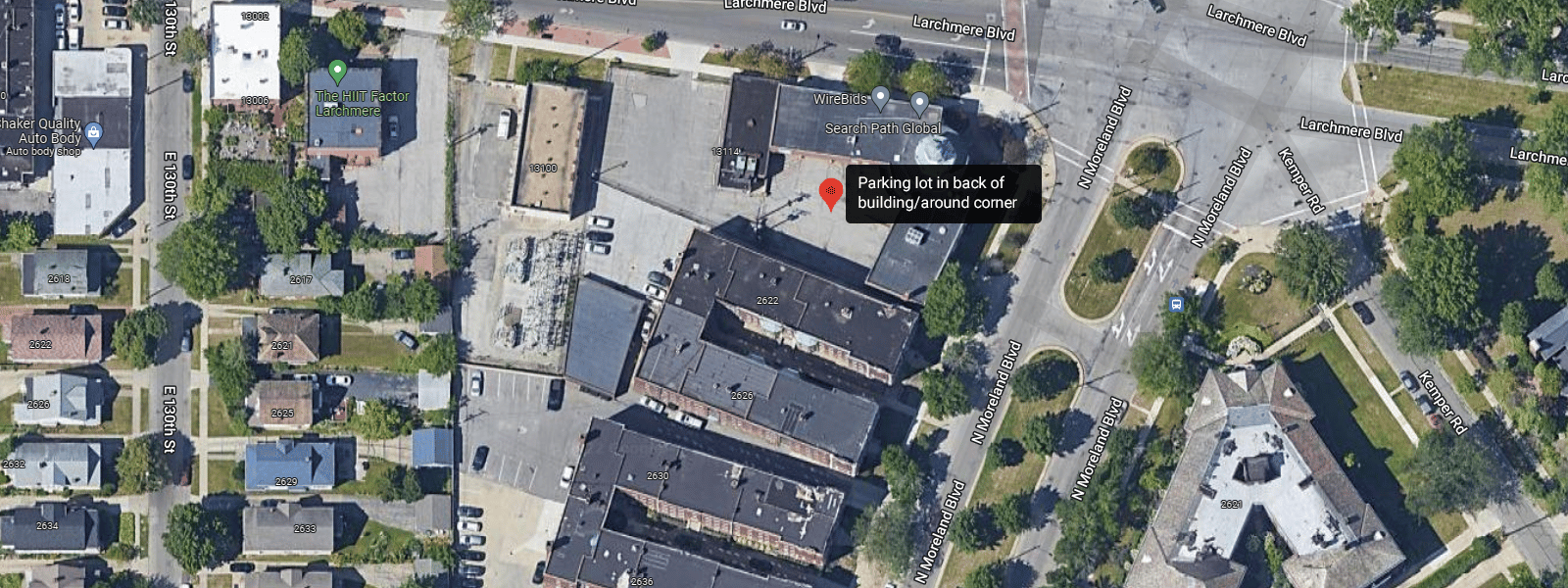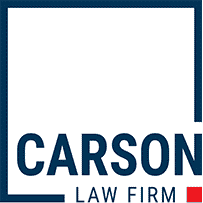Estate Planning: Understanding the A-B Trust Strategy
Today, we will discuss one of the most common estate tax avoidance strategy: the A-B trust, the Family Trust, or the credit shelter trust. Thanks to the Taxpayer Relief Act of 2010, many clients won’t require this kind of estate planning anymore, but the A-B Trust still has important and handy uses and should always remain a consideration for every estate plan.
The 2010 TRA raised the estate tax exemption from around $1 million to $5.43 million in 2015, making estate tax avoidance unnecessary for all but the top 1%. It also introduced estate tax exemption portability, which allows a surviving spouse to use any unused portion of the deceased spouse’s estate tax exemption.
Related: The Caveats of Estate Tax Exemption Portability
How it works
Here’s how the A-B Trust works. The family assets are divided into two portions. Each spouse then establishes a trust for the benefit of the other, with the remainder going to the children or other heirs. Then both spouses’ wills give all of their individual assets to the trust that each has established for each other. Upon the death of the first spouse, that spouse’s trust becomes the “B” or “Family” trust, and is now irrevocable. Assets amounting up to $5.43 million pass into this trust, thus using up the deceased’s estate tax exemption.
The remainder of the deceased’s assets flow to the spouse’s “A” trust, which is also exempt from estate tax because of the unlimited marital exemption (which means you can give an unlimited amount to your spouse during life or at death). The $5.43 million is sheltered from estate tax, and won’t be counted in the surviving spouse’s estate since it has already been gifted. It will now pass to the remainder beneficiaries of the trust tax-free.
Why is this important? Before 2010, if the first spouse died leaving everything to the surviving spouse (using an “I love you will”), the estate tax exemption would be lost. For example: assume H has $5 million in assets and W has $5 million in assets. H dies leaving everything to W, which passes tax-free using the unlimited marital deduction. W now has $10mm in her estate and when she dies will be taxed on $10mm less her $5.43mm estate tax exemption. She would have been unable to use H’s exemption since it was lost.
This is no longer the case now, except under specific circumstances such as when the surviving spouse remarries. Read about portability here.
Usefulness
There are specific situations where a tailored A-B Trust is the best fit for clients. The most common example is when a spouse has children from a previous marriage that he or she wants to provide for. For example, assume again H and W each have $5mm in assets. H has two children from a previous marriage that he wishes to leave $2mm to. H would then create an A-B trust setup where the surviving spouse is the beneficiary of the “A” trust and the children are the beneficiaries of the “B” trust.
H would then fund the “B” trust with $2mm, reducing his estate tax exemption to $3.43 million, which then can be carried forward and used by W when she passes. The remainder of the funds flow to the “A” trust, which then counts as a gift to a spouse and is exempt under the unlimited marital deduction.
Drawbacks
The biggest complaint about A-B trusts stems from how the “B” trust must be managed after the first spouse dies. Since this trust is irrevocable upon death, the surviving spouse must adhere exactly to the trust agreement or risk losing the estate tax exemption. This means that the money is locked up and must be administered according to the plan and may not be used for any other purpose. A trust can be drafted to give a surviving spouse maximum flexibility, but there is still a requirement to manage the trust funds with an eye to the remainder beneficiaries (such as the children). Many people view this as a “loss of control” which can be a burden for surviving spouses.
Conclusion
An A-B Trust is useful in certain circumstances like a blended family. It doesn’t have the same impact and effect it used to, however, so beware if a professional recommends one for you — he or she may be working from a playbook written before 2010. As always, a competent and professional estate planning attorney is a solid investment.
Carson Law Firm can help you craft your estate plan according to your family’s needs. Call today for a consultation — 888-403-1259.

